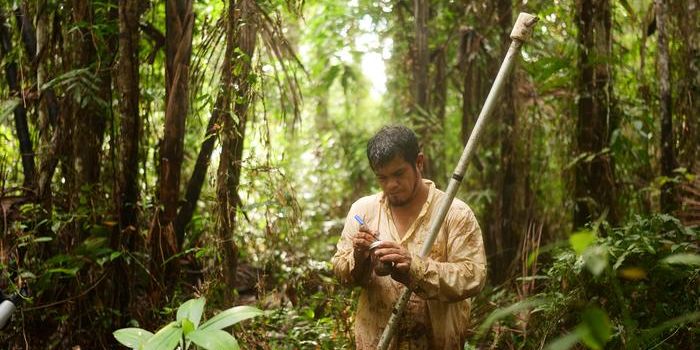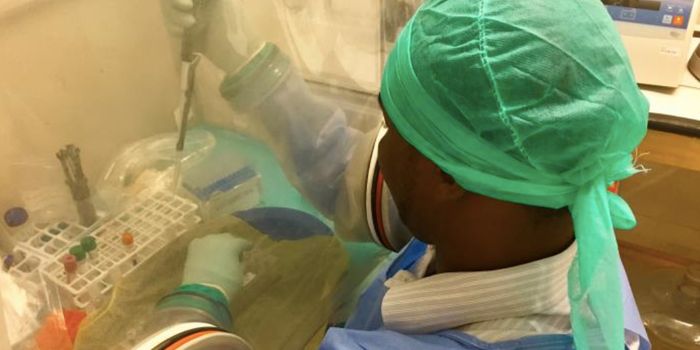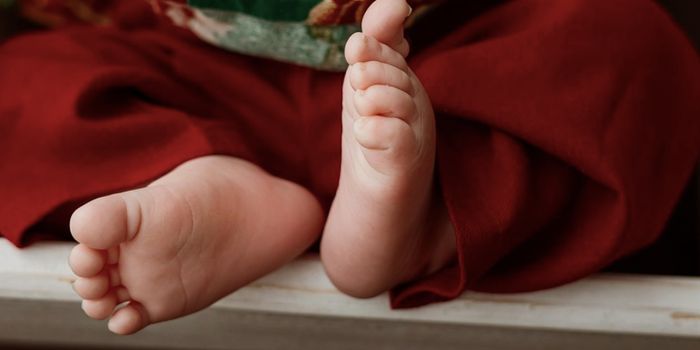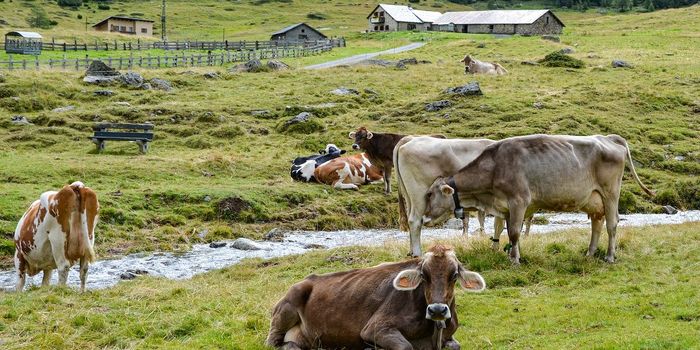How Superworms Can Help Us Recycle Plastics
Our planet has a plastic problem; plastic particles can be found in nearly every part of our environment, in organisms, even in the human body. Recycling plastic is not easy, for many reasons, and there are tons of plastic waste sitting in landfills and littering our world. But there may be a way to use the power of nature to break down some of that plastic trash. In recent years, researchers have found that some types of small worms including mealworms and waxworms like to consume plastic.
Scientists suspected that larger worms might eat even more plastic than the small ones, said Dr. Chris Rinke, an ARC Future Fellow and Senior Lecturer at the University of Queensland. Reporting in Microbial Genomics, a team led by Rinke has shown that superworms, which are the larval form of Zophobas morio darkling beetles, do indeed like consuming plastic. The researchers also suggested that enzymes in the guts of these superworms may help speed up plastic recycling processes.
In this study, the researchers raised superworms that were around five centimeters long (about two inches), feeding them various diets over three weeks. Some worms were fed bran; others were fed polystyrene, also known as styrooam; some were not fed anything. This indicated that superworms can live on a diet of only polystyrene, and some of those worms even gained a bit of weight, compared to the worms that were not fed, noted Rinke.
The life cycle of the worms still continued during that process, and some of the superworms that ate only styrofoam went on to become normal adult beetles. However, there was a change in the gut microbiome of those beetles and a loss of diversity, suggesting that the plastic is not a healthy diet.
The researchers continued investigating, using metagenomics to learn how the superworms were able to break down the plastic in their diet. This work revealed microbial populations in the beetle gut, and the genes they carry that produce plastic-degrading enzymes.
It may be possible to use superworms to get rid of some plastics, or we might be able to harness the enzymes encoded by their gut microbes to degrade plastic waste. Rinke suggested that it may be possible to engineer plants that can act like the superworms do. Byproducts from reactions like this could be used in new applications as well, and might help generate bioplastics, for example.
Sources: Science Alert, Microbial Genomics









